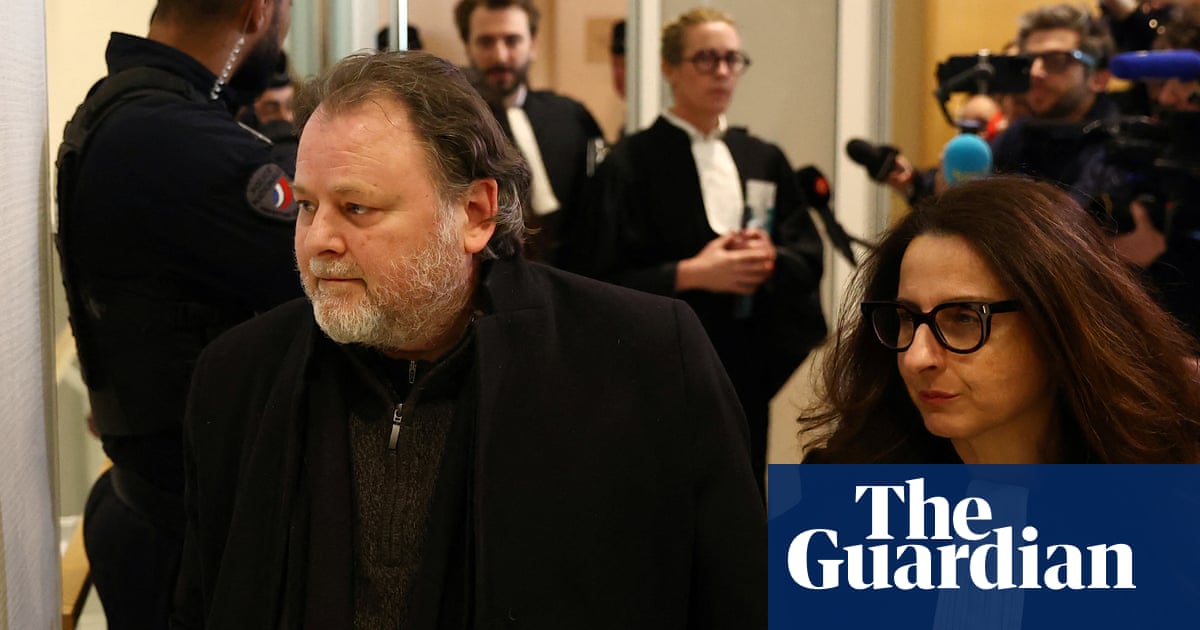A French film director has been found guilty of sexually assaulting the actor Adèle Haenel in the early 2000s, when she was between 12 and 15, but was not jailed, following a landmark #MeToo trial.
Christophe Ruggia, 60, who denied abusing Haenel, was given a four-year sentence – two suspended and two to be served under house arrest with an electronic bracelet.
Haenel, now 35, was one of the first headlining actors to accuse the country’s film industry of turning a blind eye to sexual abuse.
The actor, who has won two Césars, the French Oscars, had accused Ruggia of subjecting her to “permanent sexual harassment” during and after the making of his 2002 movie, The Devils, in which she played a girl with autism. She said Ruggia had repeatedly touched her inappropriately.
Haenel, acclaimed for her performance in the 2019 French film Portrait of a Lady on Fire, has said she felt guilty after the filming of The Devils and had suicidal thoughts.
Ruggia had told the court he understood the Devils shoot had been “painful” for the actor but accused her of creating a “parallel universe” regarding the abuse. Other crew members working on the film described his behaviour towards Haenel as “invasive” and “misplaced”.
After Monday’s judgement, Ruggia’s lawyer Fanny Collin said he would be appealing against his conviction. The court also ordered the director to pay Haenel €15,000 in damages , and €20,000 for for the years of psychological therapy she had to follow as a result of the abuse.
In 2020, Haenel stormed out of the Césars ceremony in Paris shouting “Shame!” After director Roman Polanski – still sought in the US for the statutory rape of a 13-year-old girl in 1977 – was named best director for his film An Officer and a Spy.
In May 2023, Haenel, who won her first César in 2014 for her supporting role in Suzanne, and won a second César for best actress for Love at First Fight the following year, announced she was ending her cinema career, accusing the industry of “widespread complicity” with sexual abusers.
Several female stars of French cinema were in the courtroom to hear the verdict, including Judith Godrèche, one of the figureheads of France’s #MeToo movement, and director Céline Sciamma, Haenel’s ex-partner and the director of “Portrait of a Lady On Fire”. Godrèche hugged Haenel following the verdict.
In a letter published in Telerama magazine, Haenel, wrote: “I decided to politicise my retirement from cinema to denounce the general complacency of the profession towards sexual aggressors and more generally the way in which this sphere collaborates with the mortal, ecocidal, racist order of the world such as it is,” she wrote. She said it was urgent to “raise the alarm”.
She said the French film industry had reacted with indifference to #MeToo accusations.







